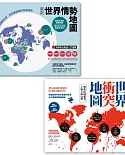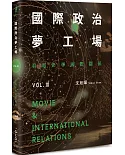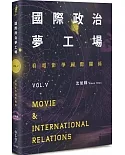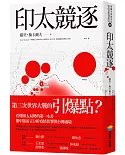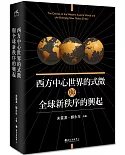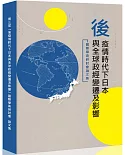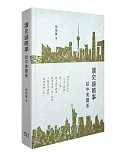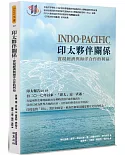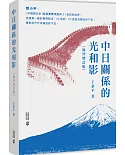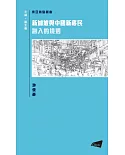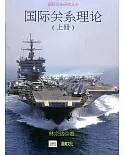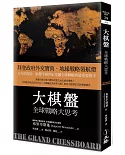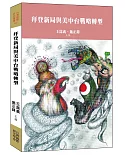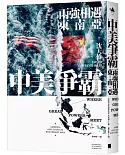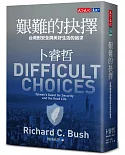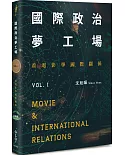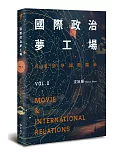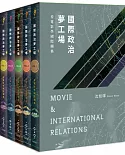序
Preface and Acknowledgement
I started to study European integration in the late 1980s when I was utterly fascinated by the fast-developing Single European Act (SEA). Since then, I have witnessed the ups and downs of
European integration. One decade later, Asian countries decided to begin their regional integration after having experienced destructive financial crises as well as shameful bailouts imposed by
the International Monetary Fund (IMF) and the US. I, then, started to focus upon Asian regionalism too, often taking references from the European Union experiences. After having studied these
two themes for decades, I present, in this book, two innovative concepts−European Dream and reluctant integration. With the help of these two concepts, I try to explain the development of the
EU and its evolving roles in global governance and evaluate the competing approaches to Asian regionalism.
In writing this book, I have benefited from the contributions and support of many people and institutions. I am particularly grateful to four anonymous reviewers for their comments, to Miss
Blake Chang, Miss Lynn Chang and Mr. Liam Gibson for their English proofreading, for Novio Liu, Marc Cheng, and Heather Pai for their coordination, for Miss Hsieh and Miss Yen for their
editing, for the editorial board for their endorsement and for the National Taiwan University Press (NTU Press) for its firm support.
Finally, I owe a debt of gratitude I can never repay to my family and my mentors in Asia, Europe, and America. I thank them all.


